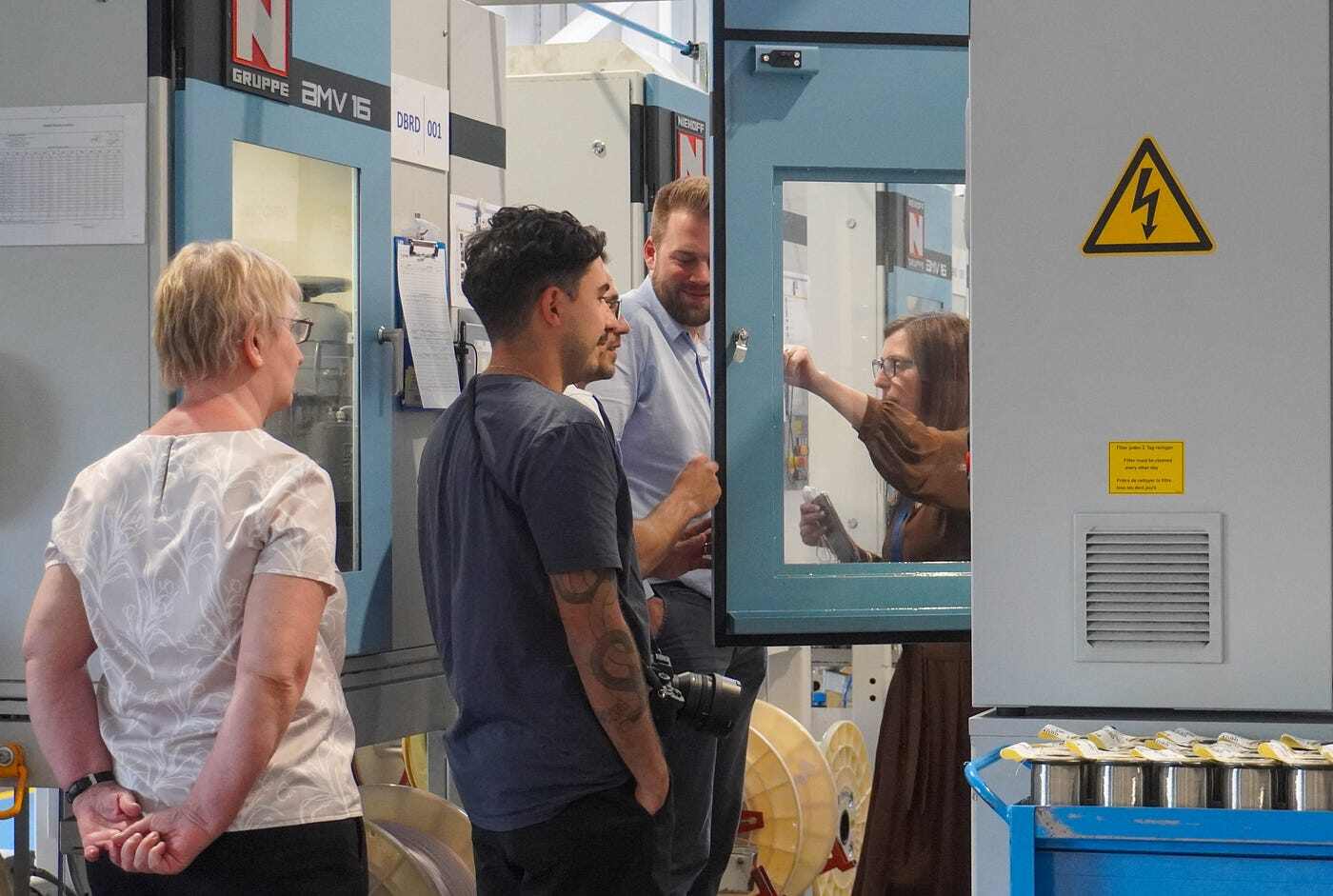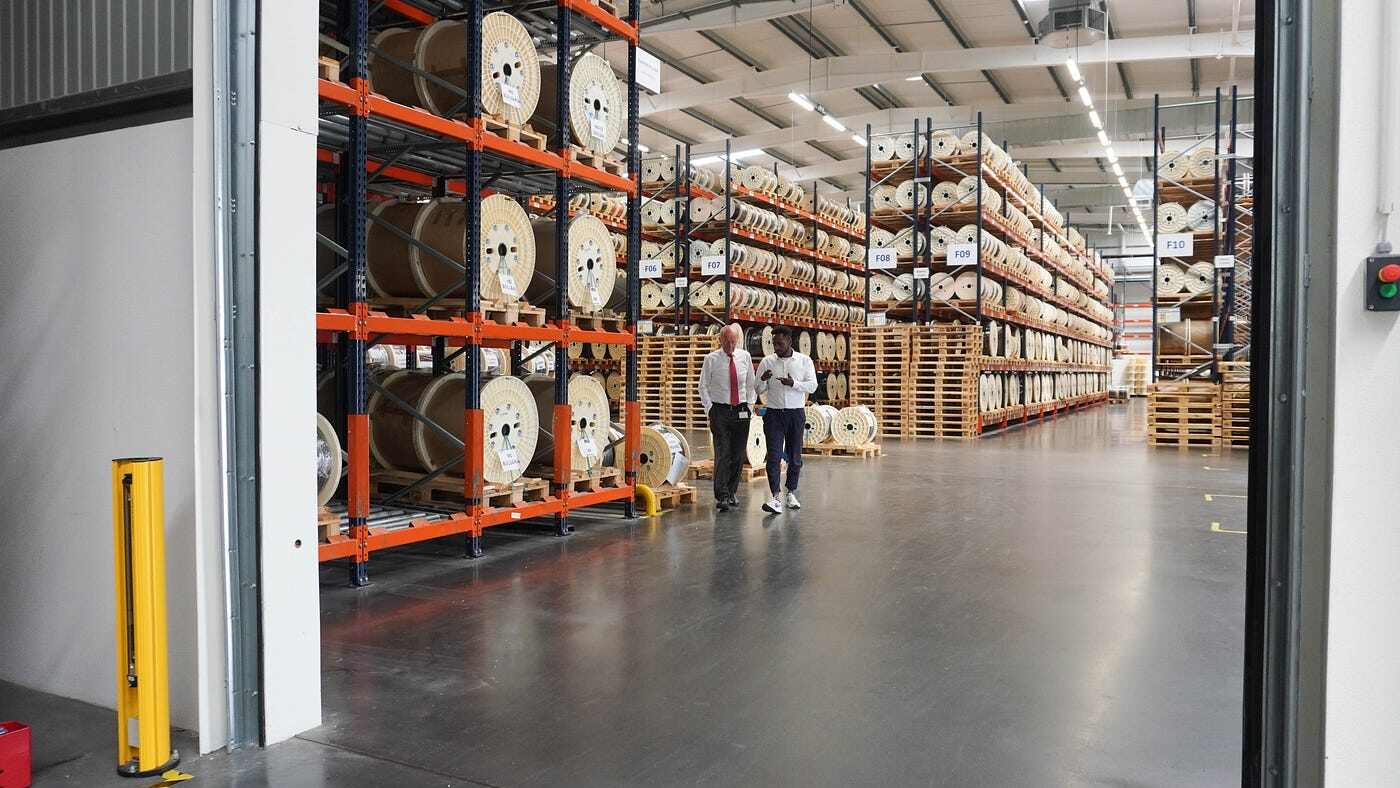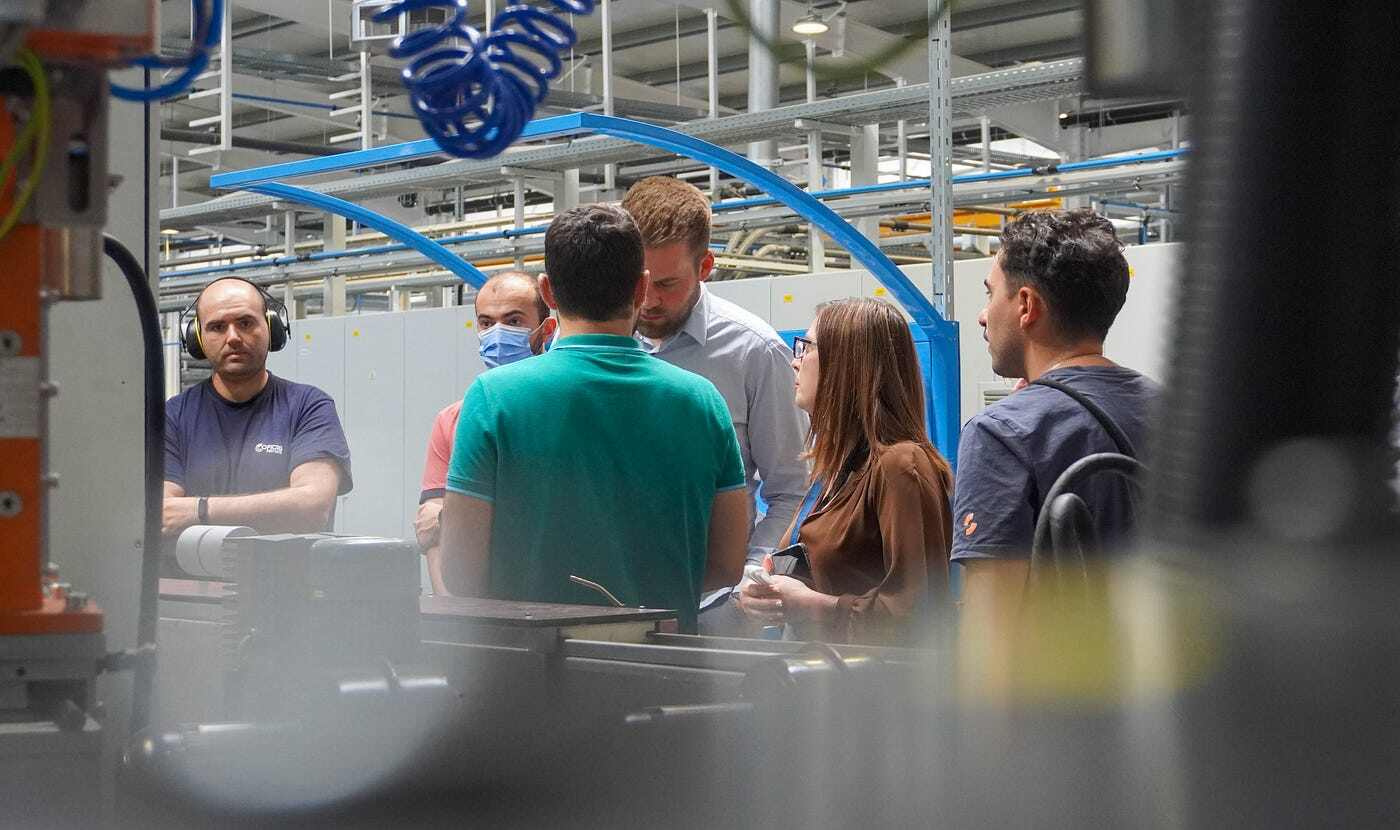SPREAD joins the EU AI Champions Initiative: Shaping the future of Engineering Intelligence in Europe
Imagine a world where complex engineering challenges are solved in seconds. As part of the EU AI Champions Initiative, SPREAD will amplify this vision.





